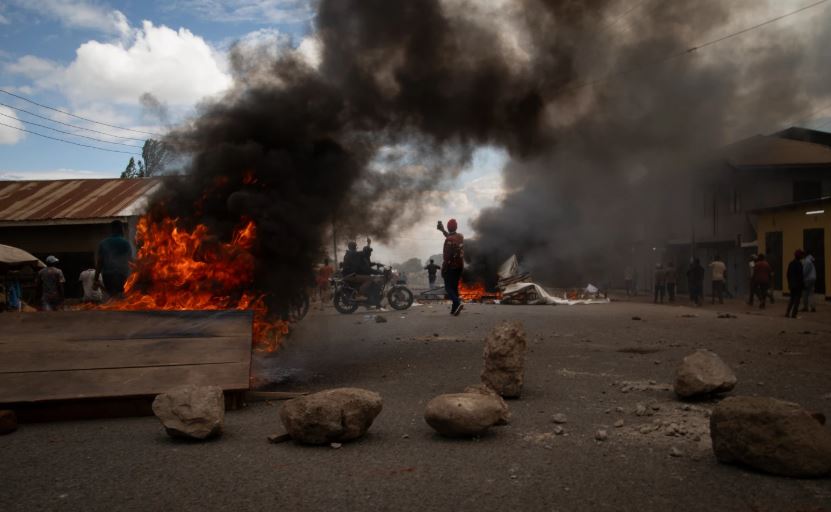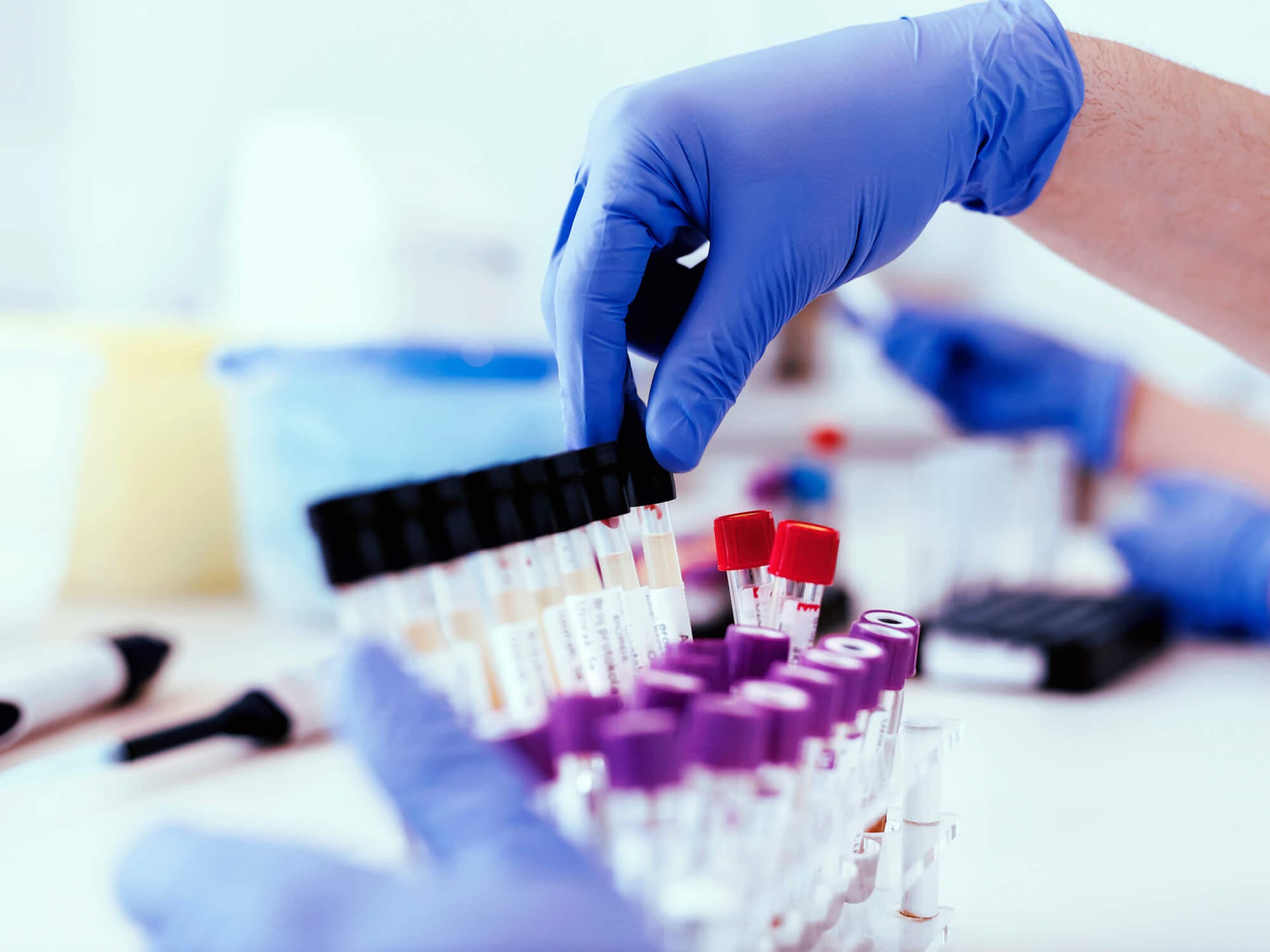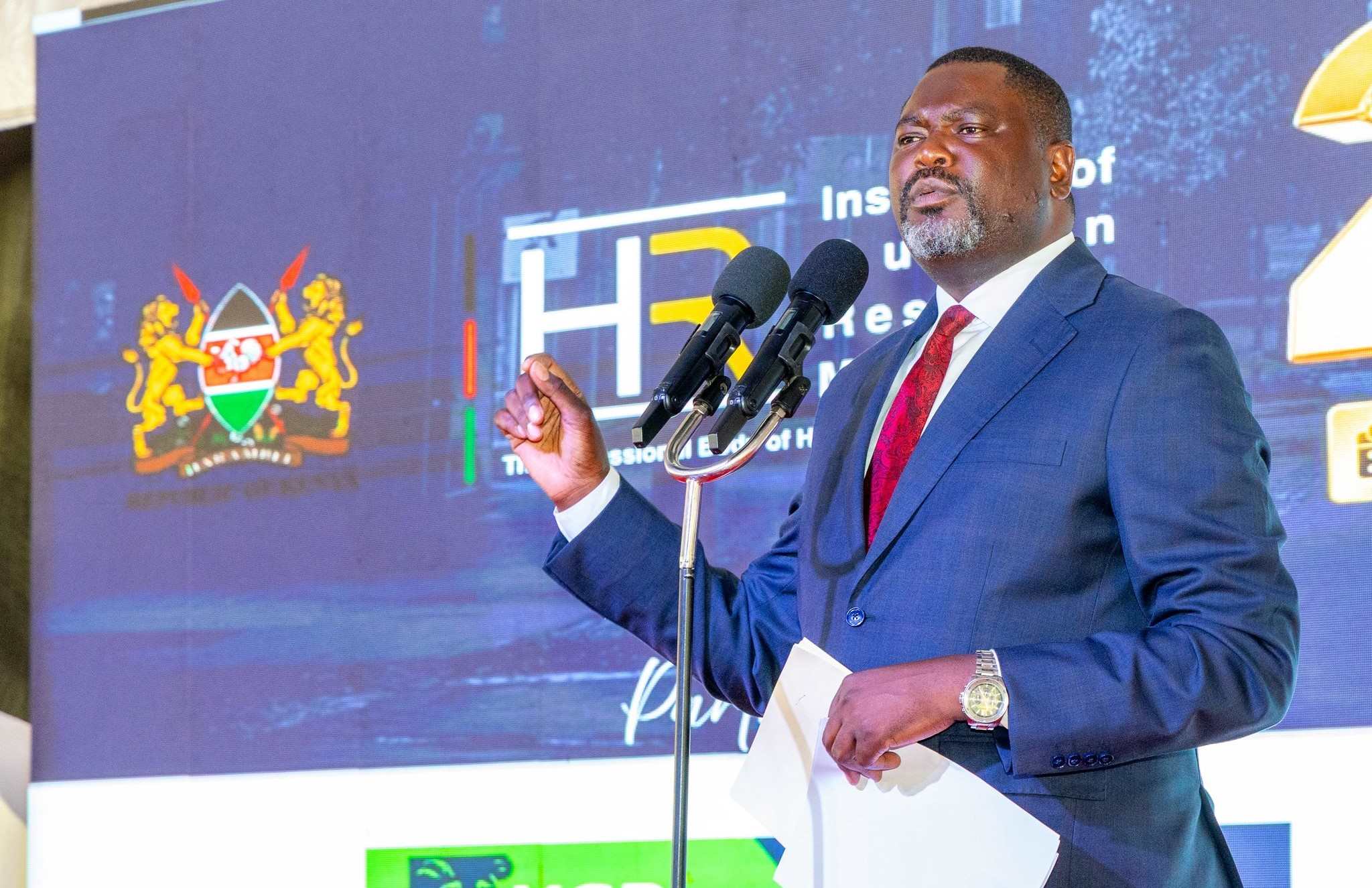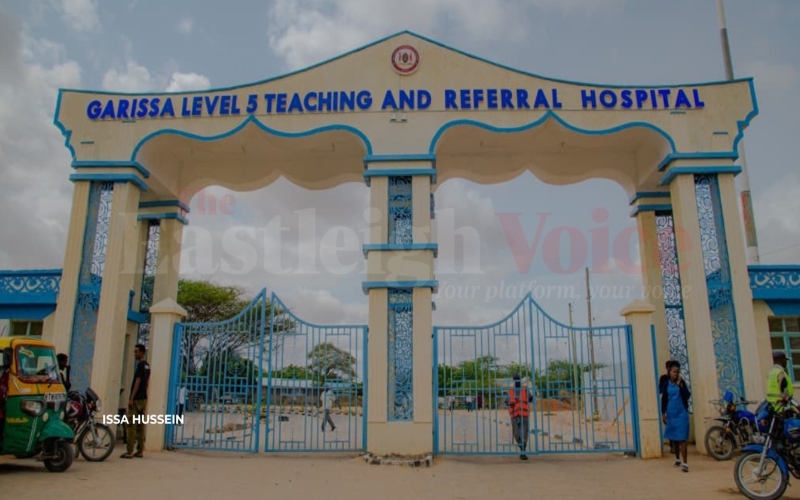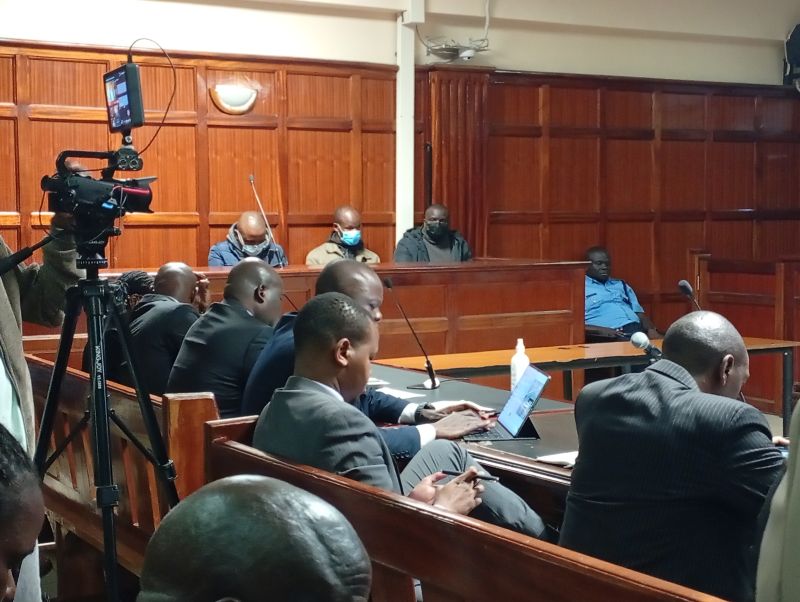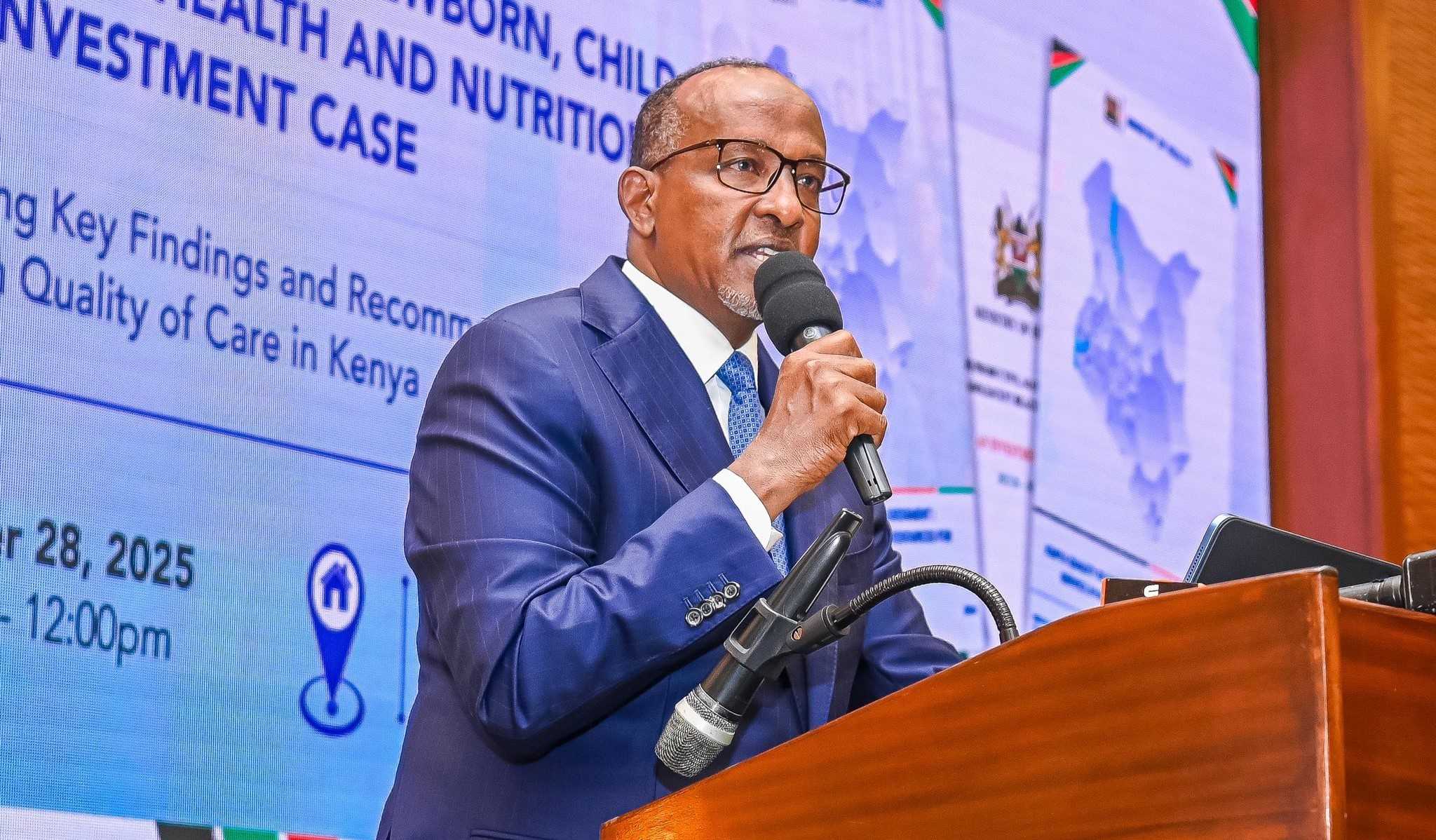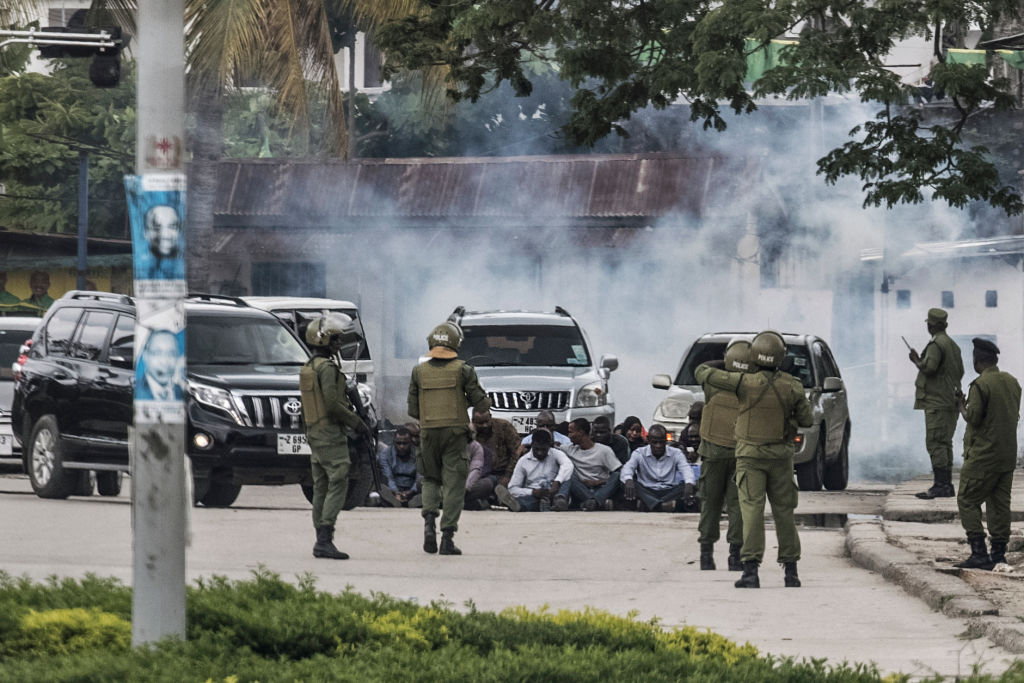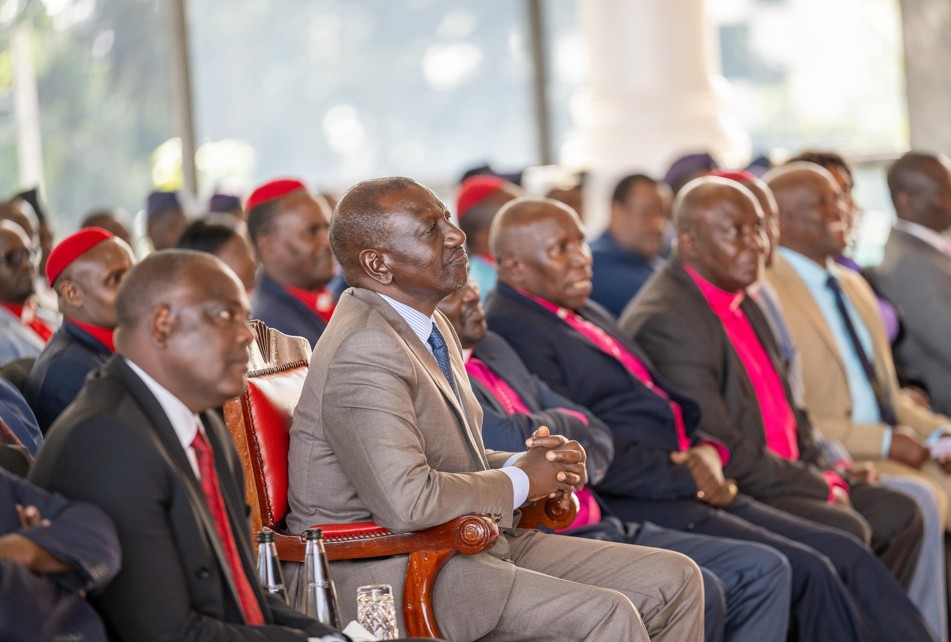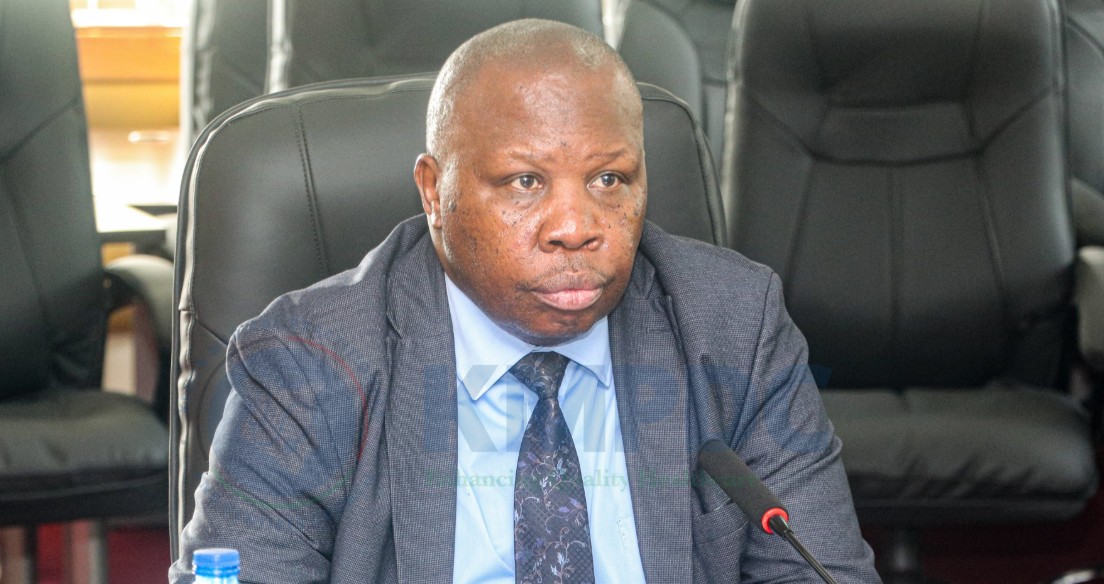Governor Sakaja urged to ensure Nairobi CBD CCTV cameras work after MP Were's killing
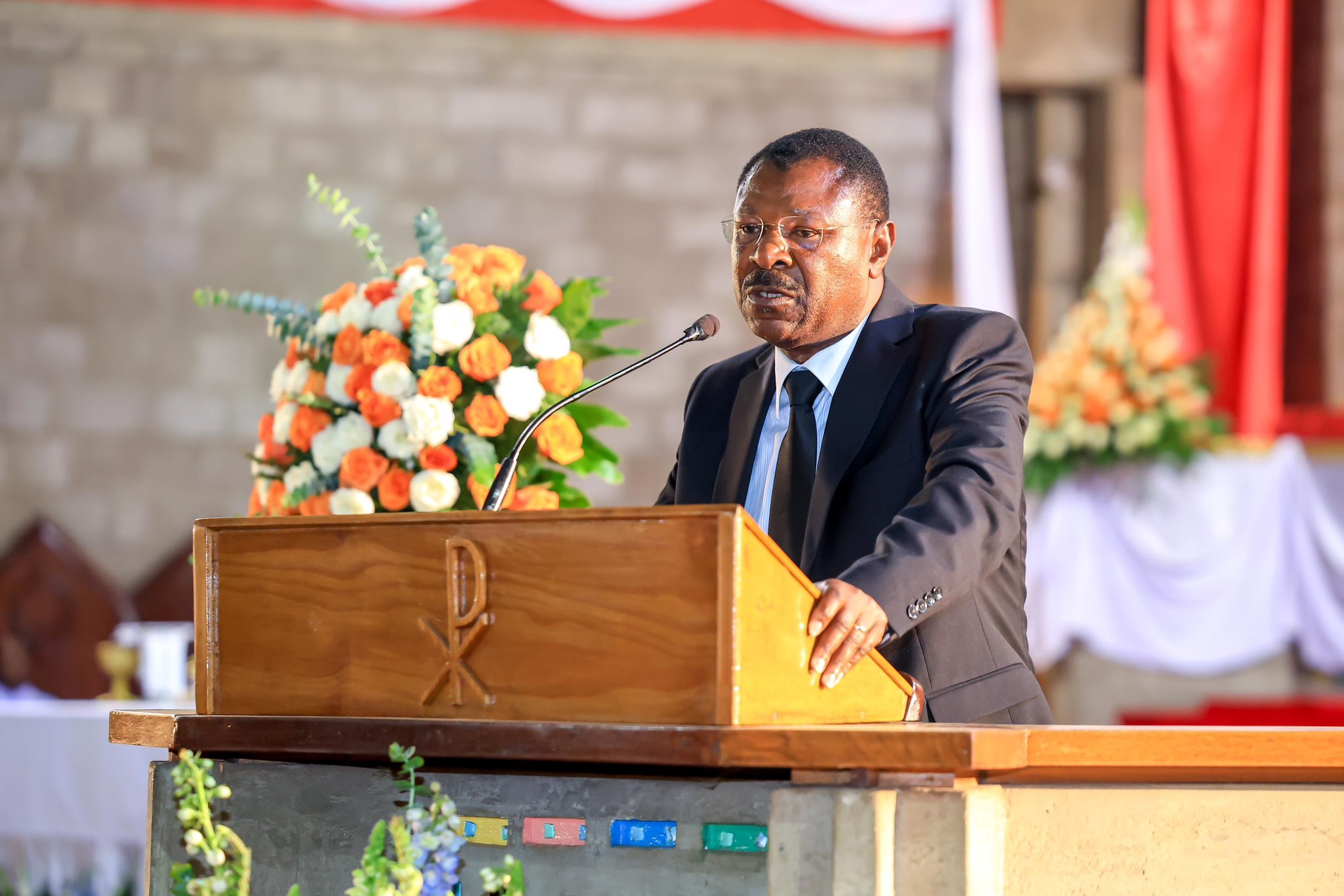
The MPs stressed that reliable CCTV coverage would not only boost investigations but also help restore public confidence in the city’s security systems.
Nairobi Governor Johnson Sakaja has been directed to ensure all CCTV cameras in the city operate 24 hours a day to strengthen surveillance and improve security in the wake of the assassination of Kasipul Member of Parliament Charles Ong’ondo Were.
Members of Parliament said the move is necessary to deter criminal activity and assist in the identification of suspects involved in violent crimes across the capital.
More To Read
- Court orders full inventory of seized items in MP Charles Were murder case
- Explainer: Key facts about slain lawyer Mbobu Kyalo
- Three suspects in Kasipul MP Ong’ondo Were murder case remain in custody as court denies them bond
- Kasipul MP Charles Were murder: Five now charged after new suspects added to trial
- Today's court cases: Nairobi court to rule on MP Kihara case as Rex Masai, Charles Were trials resume
- Businessman Philip Aroko freed, to serve as state witness in MP Were's murder case
Speaking during the slain MP’s requiem mass at the Consolata Shrine in Nairobi, the legislators called on Sakaja to prioritise the functionality of all surveillance infrastructure.
“Governor of Nairobi, we want to see that all CCTV installations in the city operate optimally, 24 hours a day, to capture wicked characters who roam the city molesting others and causing pain and suffering to innocent families,” National Assembly Speaker Moses Wetang’ula said.
The MPs stressed that reliable CCTV coverage would not only boost investigations but also help restore public confidence in the city’s security systems.
In his address at the service, Sakaja expressed deep sorrow over the killing and offered condolences to the family and the people of Kasipul.
“On behalf of the people of Nairobi, where a child and a family are also constituents just as all of you are, I want to pass sincere condolences from myself, my family, and all the people of this city during this very difficult time,” Sakaja said.
He acknowledged the emotional toll the tragedy had taken, saying, “I know emotions have been very high since this incident happened. It was a shock to all of us.”
Were was fatally shot on April 30 while stuck in traffic in Nairobi. According to police, the legislator was targeted by a gunman whose accomplice was riding a motorbike.
The Directorate of Criminal Investigations (DCI) has so far apprehended six suspects in connection with the killing. Detectives are still hunting for more suspects, including a police officer believed to be part of an organised group linked to the crime.
Detectives have also been reviewing CCTV footage from cameras mounted at the roundabout and nearby shops to trace the movements of the assailants and piece together the events leading up to the MP’s murder.
However, a majority of surveillance CCTV cameras installed within Nairobi’s central business district are not functional and cannot be relied on for security or traffic control.
Nairobi County officials told the County Assembly’s Public Accounts Committee (PAC) in 2019 that the county government cannot maintain the cameras since it does not own the project.
The Roads and Public Works department revealed that most of the 42 cameras, installed at a cost of Sh437 million, are faulty and remain under the control of the contractor, years after installation.
In May 2018, it was disclosed that 26 out of the 42 cameras placed along key roads such as Moi Avenue, Uhuru Highway, Kenyatta Avenue and Tom Mboya Street were not operational. Others installed along University Way and at Lusaka Roundabout have since stopped working due to damage caused by students and a contractor.
The surveillance system was initiated in 2012 by the former Ministry of Nairobi Metropolitan Development. A Chinese firm was contracted to supply, install, test and hand over the project, which included installation of security and vehicle number plate recognition cameras, upgrading signalised junctions, and setting up two control centres, one at Nairobi Area Police headquarters in Milimani and another at City Hall Annexe.
The contractor reportedly demanded Sh7.2 million to repair the damaged cameras before resuming maintenance work and transferring the project.
Top Stories Today
